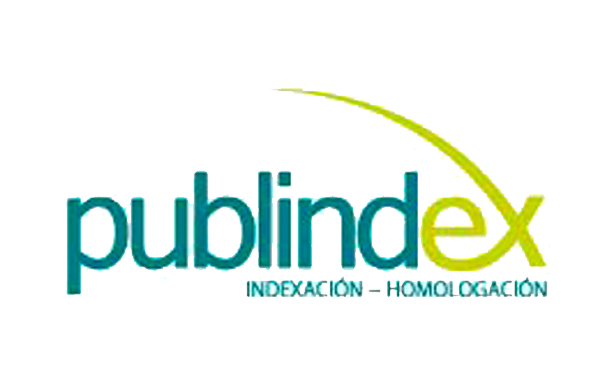Implementation of virtual tools as a strategy to improve teaching / learning (E / A) processes in secondary education
Abstract
In the last ten years there has been an increase in research on the concept of collaboration. This paperoffers outcomes of collaborative learning with mixed methodological approaches and empirical datagained from a WeQ-test, guided-interviews, an online-survey as well as case studies. Hence, this papercontributes with a new, innovative WeQ-test. In more detail, the WeQ-test relates 42 statements, sixtopics and nine individual factors. The questionnaire asks for the participants’ views and how theyperceive the views of their team members. The WeQ-test evaluates the quality of a team. Regardingthe use of the WeQ-test in start-ups and NGOs an empirical study was designed. With the findingsgained from this research, the project more generally attempts to clarify what learning means withreference to organizational development. By doing so, this research project seeks to contribute to abroader scientific discussion in this interdisciplinary field.Downloads
References
Cabero, A. e. (2009). ACTITUDES, SATISFACCIÓN, RENDIMIENTO ACADÉMICO Y COMUNICACIÓN ONLINE EN PROCESOS DE FORMACIÓN UNIVERSITARIA EN BLENDED LEARNING. Revista Electrónica Teoría de la Educación., 10(1), 172-189.
Cataldi, Z. et al. (2005). EL ROL DEL PROFESOR EN LA MODALIDAD DE B-LEARNING TUTORIAL. (C. d. Conocimiento., Editor, & E. d. ITBA, Productor) Recuperado el 10 de 2018, de http://laboratorios.fi.uba.ar/lsi/rgm/comunicaciones/CIESyNT-2005-T192.pdf
Chan, D. W. (2005). Perceived Multiple Intelli-gences and Learning Preferences AmongChinese Gifted Students in Hong Kong. Journal for the Education of the Gifted, 29(2), 187-212.
Coaten, N. (2003). Blended e-learning. Recuperado el 5 de Octubre de 2018, de Educaweb: http://www.educaweb.com/esp/servicios/monografico/formacionvirtual/1181076.asp
Llor, Laura, et Al. (2012). Inteligencias Múltiples y Alta Habilidad. Aula abierta, 40(1), 27-38.
Martínez, M. d. (2011). Experiencias de inclusión educativa en Colombia: hacia el conocimiento útil. Revista de Universidad y Sociedad del Conocimiento, 43-54.
MEN. (2013). Compentencias TIC para el dearrollo profesional docente. Oficina de Innovación Educativa con Uso de nuevas Tecnologías. Obtenido de www.mineducación.gov.co
Pena O., J. R. (2018). Entorno Virtual de aprendizaje como estrategía para favorecer la gestión educativa en la Universidad Nacional de Yaracuy. Revista In situ.
PISA. (2015). PISA 2015. Resultados clave. Recuperado el 17 de Octubre de 2018, de https://www.oecd.org/pisa/pisa-2015-results-in-focus-ESP.pdf
Rodriguez, Oswaldo, et AL. (2010). EL MODELO B-LEARNING APLICADO A LA ENSEÑANZA DEL CURSO DE MATEMÃTICA I EN LA CARRERA DE INGENIERÃA CIVIL. Revista Electrónica “Actualidades Investigativas en Educaciónâ€, 10(3), 1-28.
Salinas, M. I. (2011). Entornos virtuales de aprendizaje en la escuela: tipos, modelo didáctico y rol del docente. Pontificia Universidad Católica Argentina. Argetina: Pontificia Universidad Católica Argentina.
Sein-Echaluce Lacleta, et Al. (2015). Metodología de enseñanza inversa apoyada en b-learning. III Congreso Internacional sobre Aprendizaje, Innovación y Competitividad (CINAIC 2015) . Madrid, España.
Creative Commosn Licence 4.0








